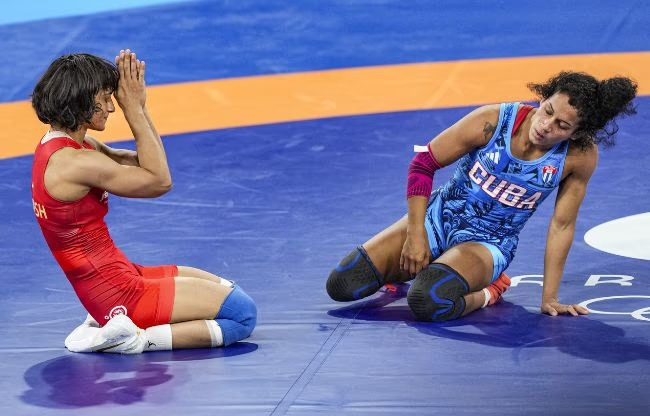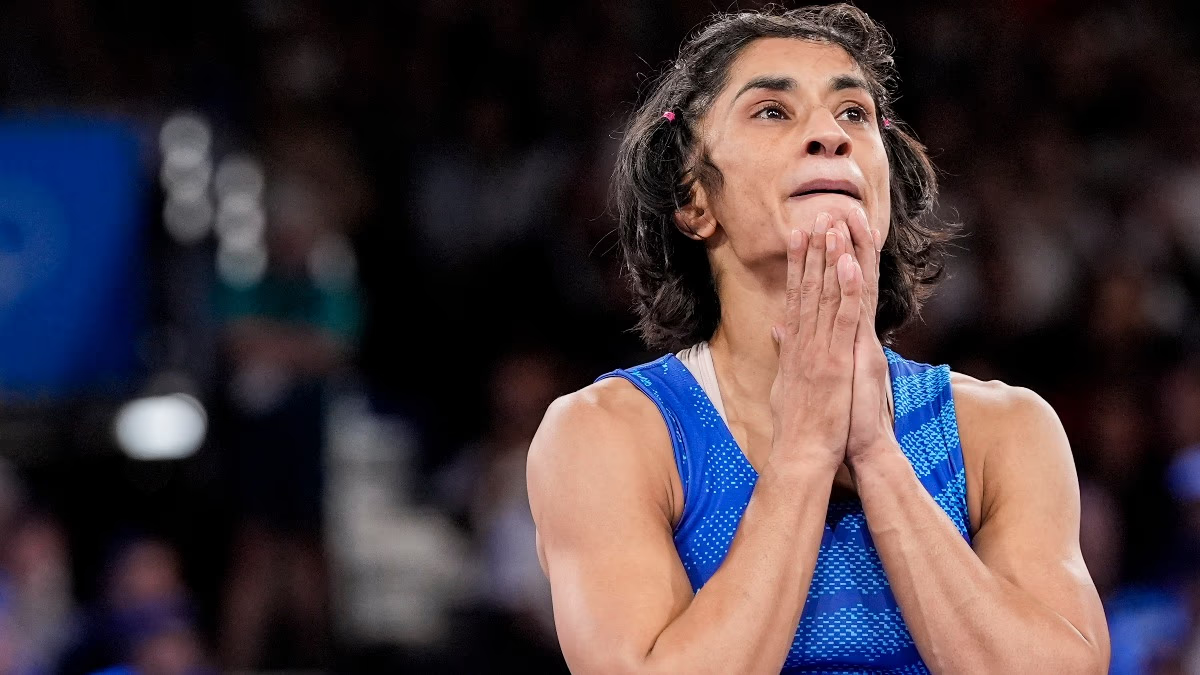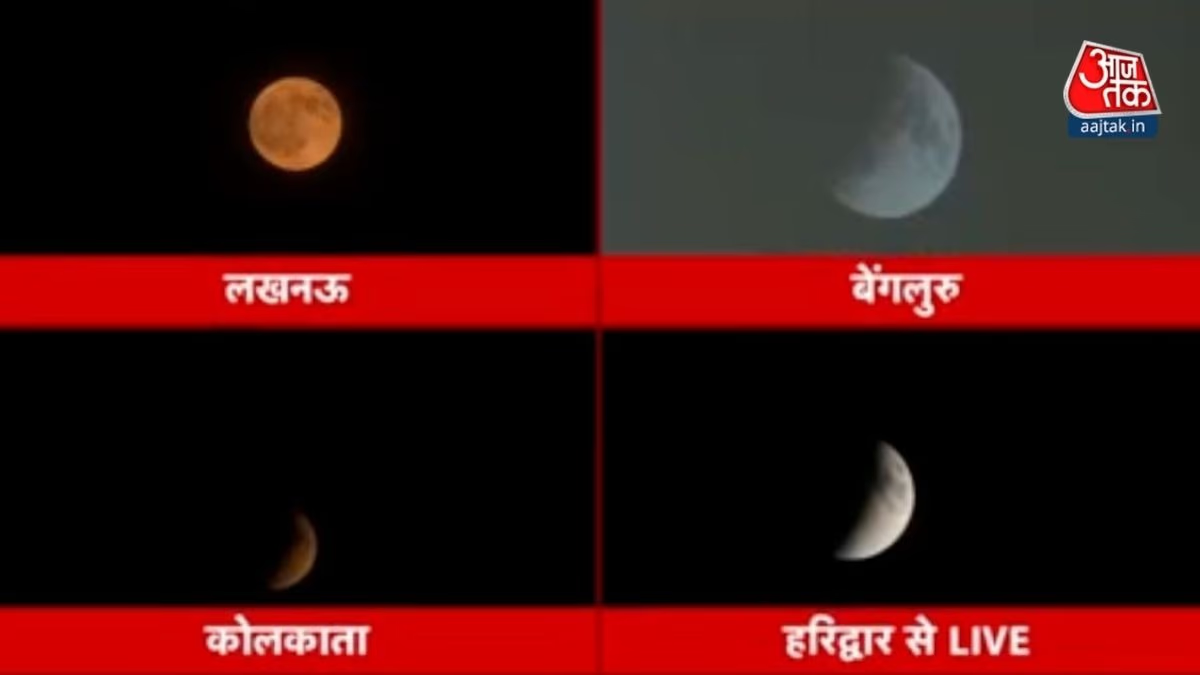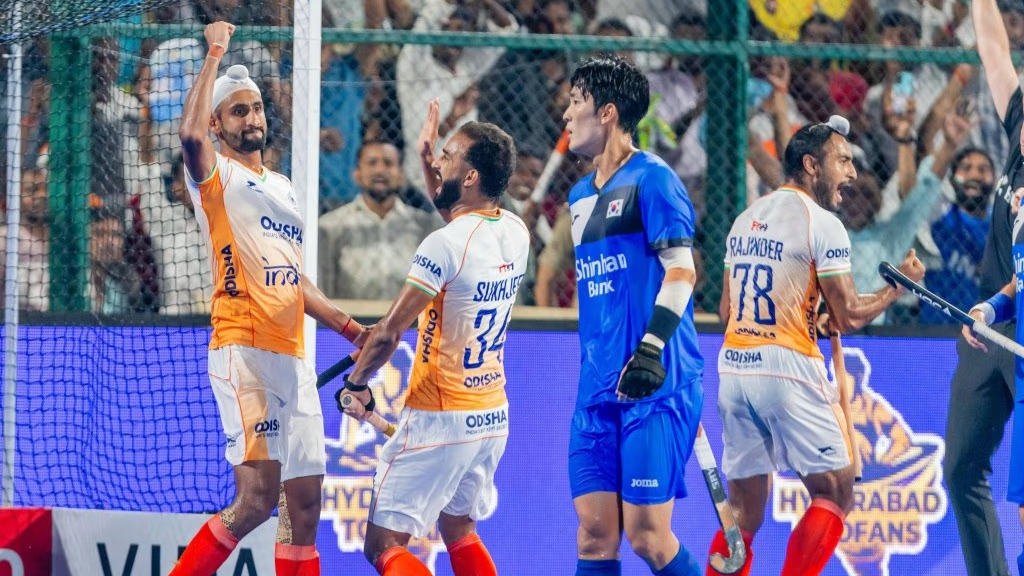Vinesh Phogat has retired from wrestling after being disqualified before the Paris Olympic final. She was disqualified just hours before her final match for being overweight.
Vinesh wrestles in the 50 kg category, but on Wednesday, she weighed 100 grams over the limit. According to the rules, a wrestler must weigh either at or below their category limit. Even being overweight by one gram results in disqualification.
Chief Medical Officer of the Indian Olympic Team, Dr. Dinshaw Pardiwala, revealed that they tried everything, but could not reduce the 100 grams. He mentioned that Vinesh had gained 2 kilograms before the final. Despite immense effort, she could not lose the remaining 100 grams.
What did she do to lose weight?
Dr. Pardiwala explained that Vinesh had three matches on Tuesday. To prevent dehydration, she received a limited amount of water, which increased her weight.
After the semifinal, Vinesh was 2.7 kilograms over the limit. The coach initiated standard weight-loss procedures, which included cutting her hair and reducing her clothing. However, they still couldn't reach the 50 kg category limit.
The medical team worked tirelessly through the night to reduce her weight. She was made to exercise continuously, including skipping, cycling, and taking sauna baths. She even cut her nails. Despite all efforts, she remained 100 grams overweight.
Dr. Pardiwala stated that if they had extra hours, they might have been able to shed the remaining 100 grams.

Source: aajtak
How hard is it to lose weight?
Typically, a person's weight fluctuates based on diet, exercise, and sweating. Therefore, an athlete's weight is measured before a match.
According to Olympic rules, a wrestler’s weight is checked before the match. If competing over two days, weight is taken both days. The weigh-in process lasts 30 minutes on the first day and 15 minutes on the second day.
Athletes use various techniques to lose weight, primarily by sweating out water weight. This involves rigorous exercises, sauna baths, wearing heavy clothing, and refraining from drinking water. Sometimes, athletes avoid food entirely hours before the weigh-in.
Indian wrestler Ravi Dahiya said in an interview in 2021 that the real challenge begins the day before the match. 'You can't sleep or talk to anyone. Food and water are right in front of you, but you can't touch them. Only a wrestler knows how that day feels,' he said.
Ravi Dahiya added, 'Wrestlers can feel dizzy and even faint. Sometimes, you're so exhausted that you don't recognize what's happening around you. You can't even remember to pick up your jacket because you're unfocused. During these times, having someone to look after you is crucial.'
Read Also:

Source: aajtak
How dangerous is this?
The techniques athletes use to lose weight can be dangerous, sometimes leading to heart attacks and even death.
In sports like boxing and wrestling, weigh-ins are standard. In 2018, Ultimate Fighting Championship (UFC) fighter Uriah Hall suffered a heart attack while cutting weight but fortunately survived.
Similarly, in 2015, Chinese boxer Yang Jian Bing passed away at age 21 during weight reduction for a championship. Bing refrained from drinking water, leading to dehydration and ultimately his death.
Estimates indicate that 5 to 11 kg of body weight is water. Hence, athletes stop drinking water and sweat out as much water as possible to reduce weight. Experts warn that this can lead to dehydration, affecting the brain and increasing the risk of heatstroke.
Why isn't there a ban on this?
Despite the difficulties, there is no ban on weight reduction for athletes. However, after the death of Chinese boxer Yang Jian Bing in 2015, ONE Championship altered its rules. Now, athletes’ weight is measured multiple times a day, and urine tests are conducted to check for dehydration.
Furthermore, now athletes are not automatically disqualified for being slightly over the weight limit, although there is a threshold. An athlete's weight should be within 105% of their opponent's weight.
The governing body for wrestling, United World Wrestling (UWW), maintains that any athlete exceeding the weight limit will be disqualified.




